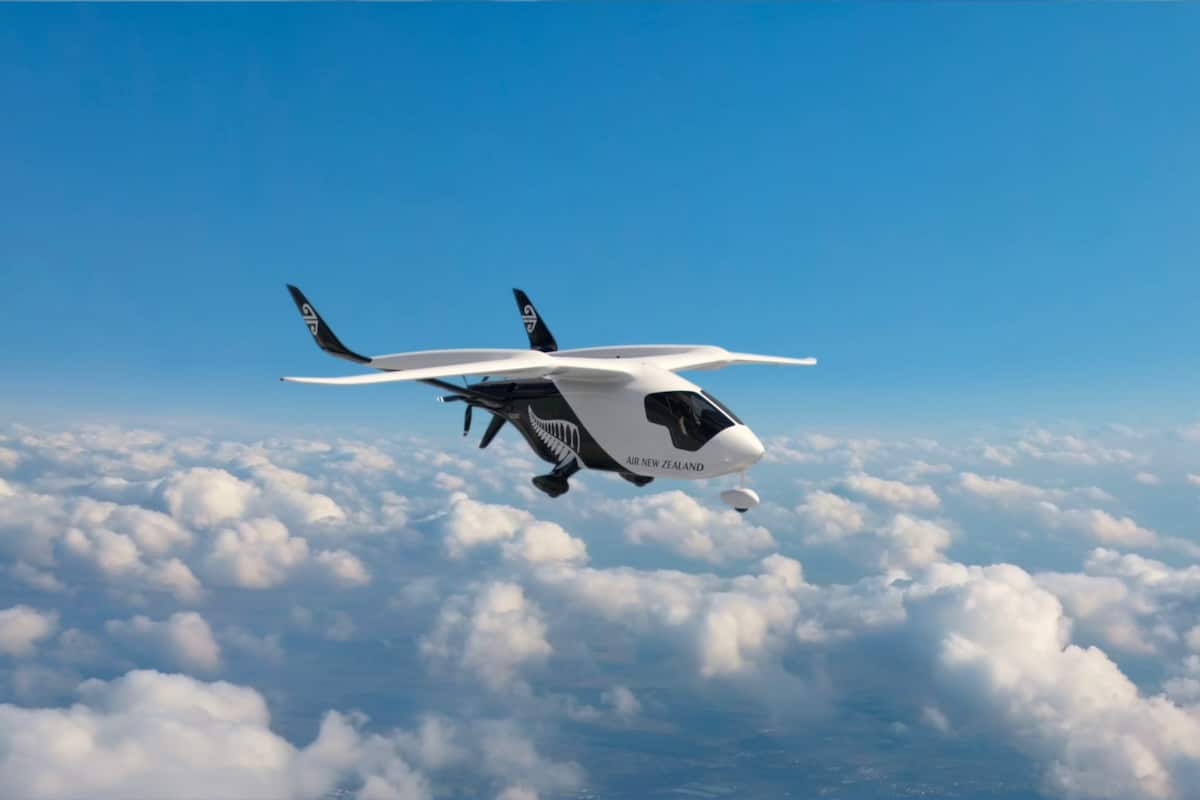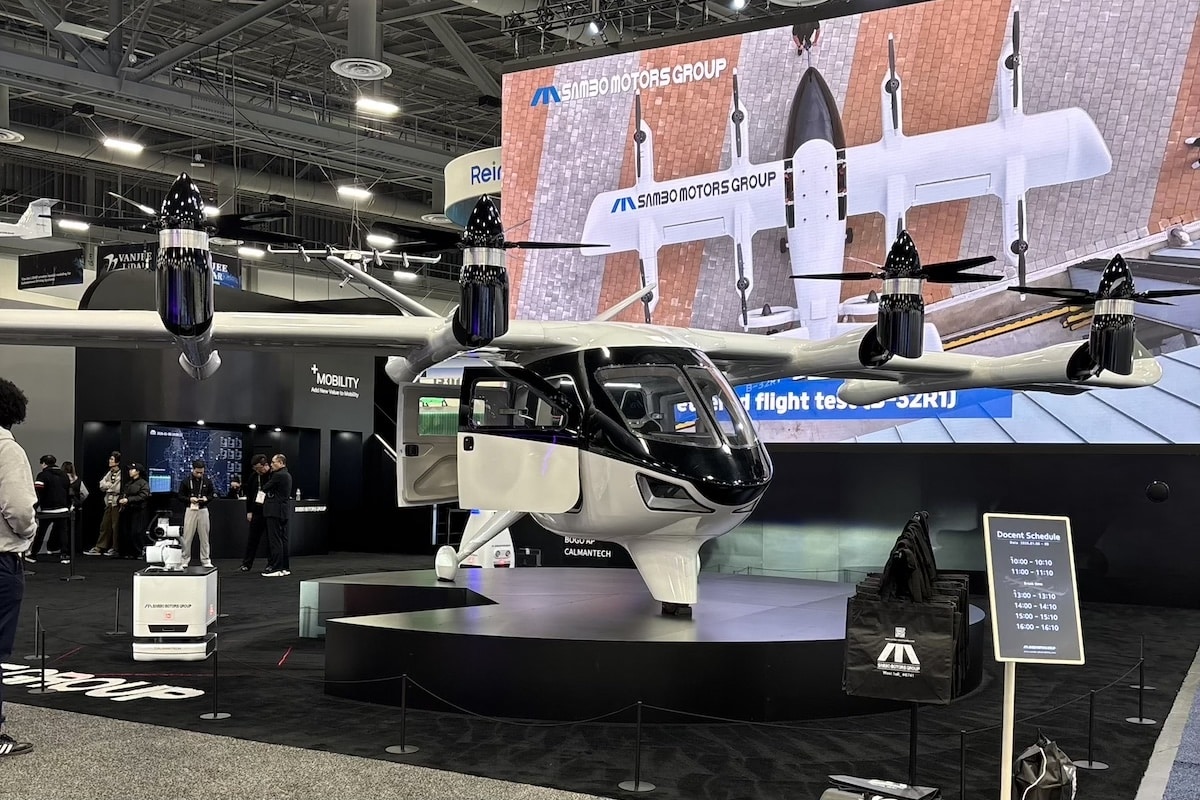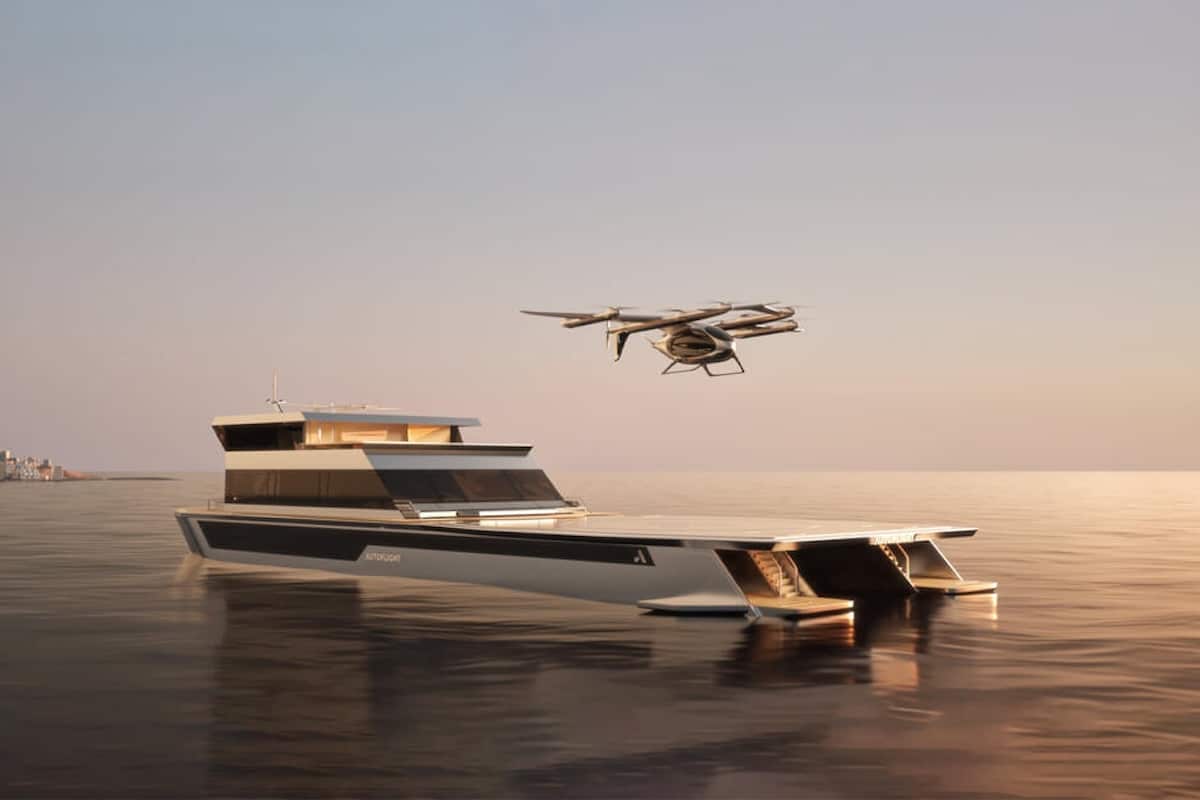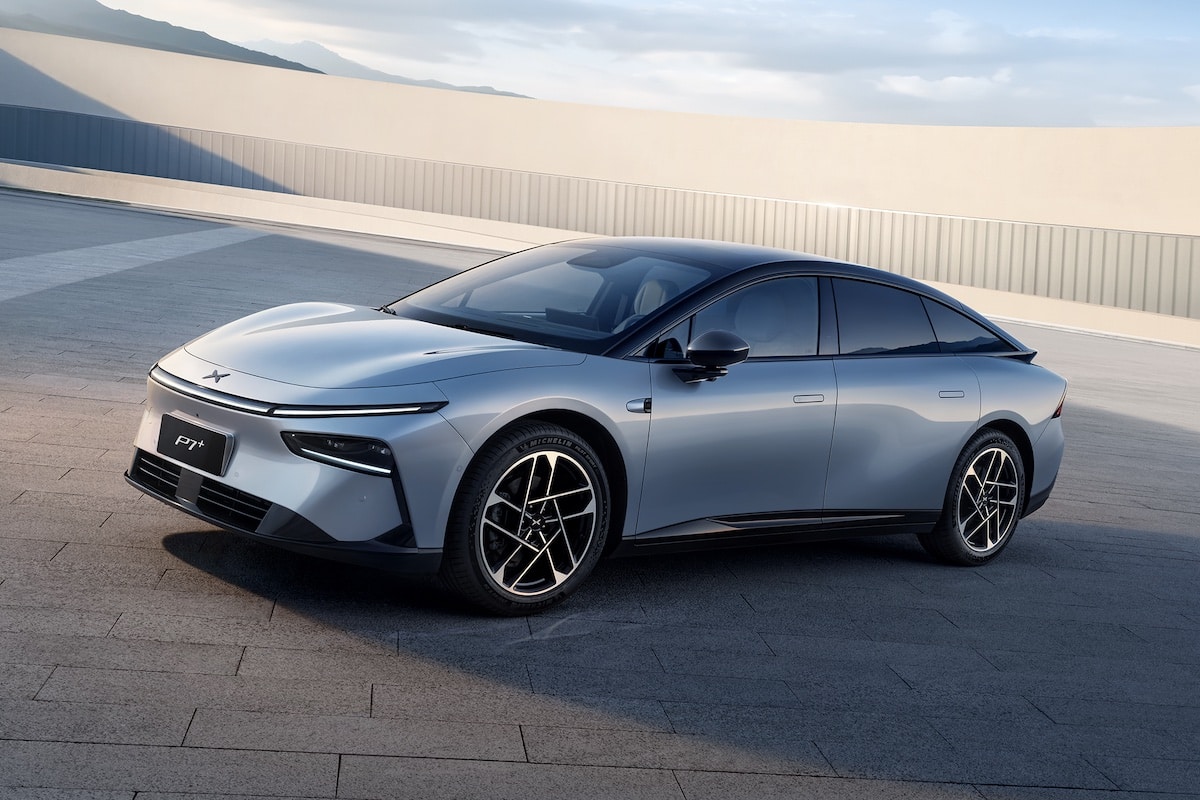BETA conducts the first test flight of its serial ALIA CTOL

The American company BETA Technologies has completed the first test flight of its serial electric aircraft, the ALIA CTOL.
This is a significant milestone for this startup based in Vermont, which aims to revolutionize sustainable aviation. On November 13, 2024, Kyle Clark, founder, CEO, and test pilot of BETA Technologies, performed the first flight of the serial ALIA CTOL. It is a conventionally powered takeoff and landing electric aircraft (eCTOL) intended for the commercial market.
This inaugural flight also marks a key step in the company’s journey toward FAA certification for its electric aircraft. The plane took off from a standard runway. It reached an altitude of 7,000 feet and conducted a series of stability, maneuverability, and speed tests.
An advancement toward certification and commercial launch
This first serial version of the ALIA CTOL was built in BETA’s workshops in South Burlington. There, it passed an FAA inspection before receiving a certificate authorizing flight testing. This certificate allows BETA to conduct a 50-hour flight test campaign. This step is necessary to obtain the “Market Survey and Crew Training” certificate. It will enable the company to train new pilots and develop commercial operations.
Kyle Clark praised this achievement. He describes it as the result of several years of engineering and process refinement. For him, this flight is not only a technological victory but also a milestone in optimizing the company’s manufacturing methods.
Meanwhile, BETA is continuing to develop the ALIA VTOL, an electric vertical takeoff and landing (eVTOL) aircraft. In 2025, the company hopes to put these two models into service, contributing to the future of sustainable electric aviation.
This page is translated from the original post "BETA réalise le premier vol test de son ALIA CTOL de série" in French.
We also suggestthese articles:
Also read





